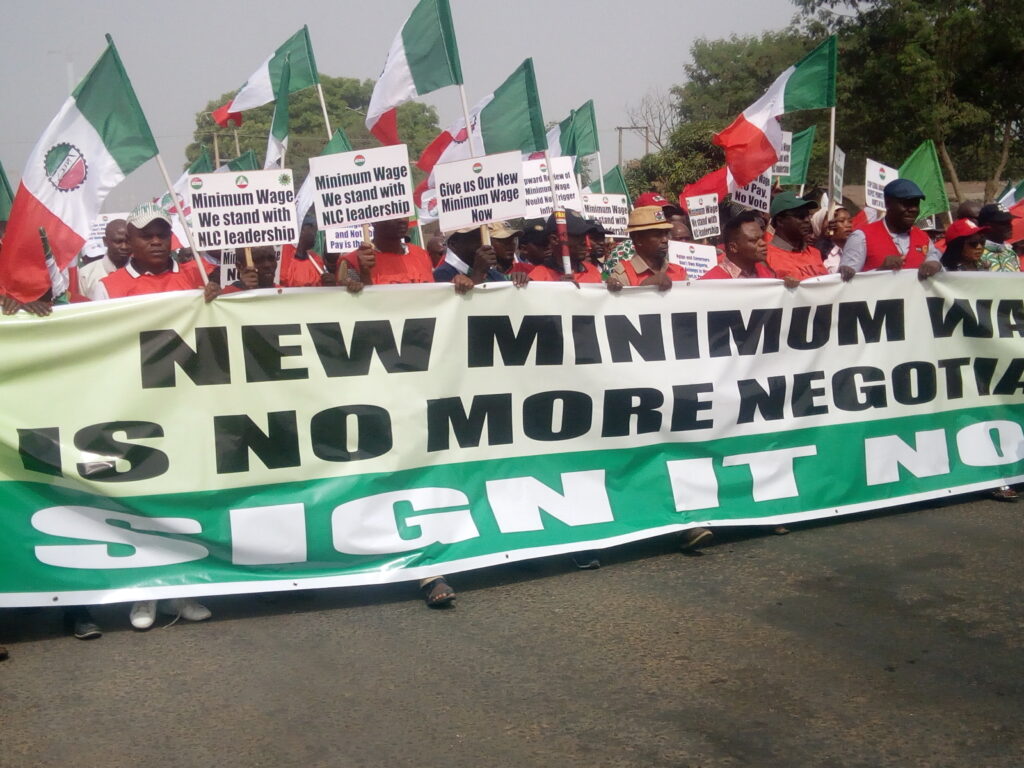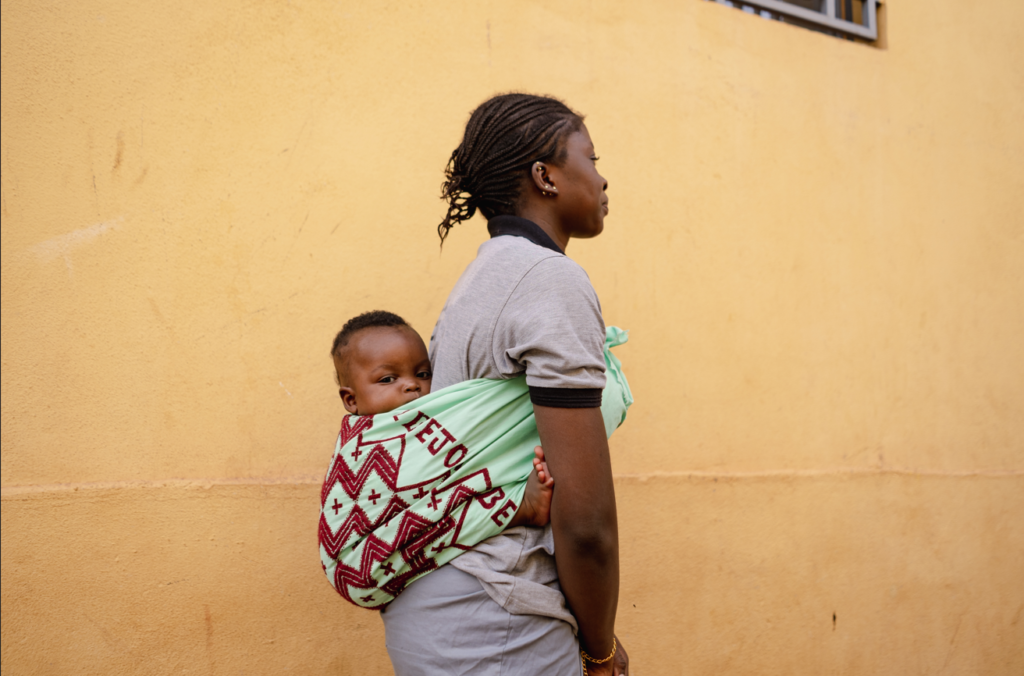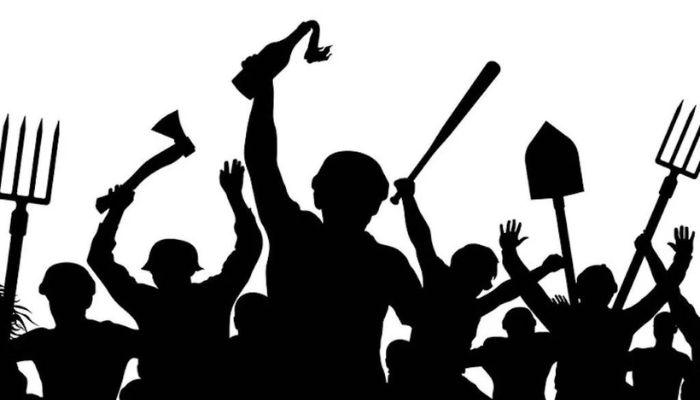Last week, Delta State in southern Nigeria became a stage for a horrific tragedy. On a peace mission to quell a communal clash, a contingent of 17 soldiers from the 181 Amphibious Battalion were ambushed and killed. The perpetrators remain unidentified, though theories range from irate youths to armed militants. Regardless, the incident has plunged the region into turmoil, with alleged retaliation from the Nigerian military, raising troubling questions about Nigeria’s fragile state of the rule of law.
The military’s response has been swift and forceful. A large contingent has been deployed to the area, focusing on apprehending the culprits. In a statement released by the State House on March 17, President Boal Ahmed Tinubu granted the Chief of Defence Staff and the Defence Headquarters full authority to “bring justice to anybody found to have been responsible for the attack”. However, accusations of reprisal attacks by the military have emerged, with reports of houses being burned and civilians detained. Residents of the Okuama Community in Ughelli South Local Government Area of Delta State have alleged the extra-judicial killing of at least 50 villagers. The Delta State government denies these claims, while the military maintains a tight grip on information.
This lack of transparency is a worrying sign. While the brutal slaying of the soldiers demands justice, a heavy-handed military response risks further inflaming tensions and alienating the local population. Nigeria has a long history of military involvement in civilian matters, often with disastrous consequences. The 2016 massacre of unarmed Shia protesters by the military serves as a stark reminder of the consequences of unchecked violent civilian interventions by the Nigerian Military.
The incident exposes deeper cracks in Nigeria’s social fabric. Communal clashes such as the Ogoni crisis and the Ijaw unrest over land and resources are persistent, particularly in the resource-rich Delta region. The weak presence of the state, coupled with a proliferation of arms, creates a volatile environment where disputes can quickly escalate into violence. The Niger Delta, despite its abundant oil reserves, has long been marred by militancy as a result of oil exploration on the one hand and persistent communal clashes, electoral violence, and gang violence on the other, presenting a multifaceted challenge. The primary catalysts for communal clashes are disputes over land ownership and access to fertile land, which often escalate into violent confrontations between neighbouring communities. Additionally, the region’s deficient infrastructure and inadequate development initiatives have failed to translate the oil wealth into tangible improvements in residents’ lives, fostering discontent and disenchantment fueled by persistent poverty and limited opportunities. Moreover, environmental degradation resulting from oil spills and pollution has exacerbated tensions between communities and oil companies, further complicating the region’s social landscape.
Ethnic tensions add another layer of complexity to the conflict dynamics within the Niger Delta. Some ethnic groups in the region fiercely struggle for resources, coupled with historical grievances that further accentuate the discord. Furthermore, the emergence of militancy among disaffected youth, targeting oil infrastructure as a means of expressing grievances and demanding a more equitable distribution of oil wealth, compounds the region’s challenges. Rampant corruption exacerbates economic disparities by diverting resources intended for development, exacerbating societal fissures and perpetuating a cycle of frustration and instability. This recent tragic incident where soldiers lost their lives responding to clashes between the Okuama and Okoloba communities and the ongoing allegations of military retaliation underscores the dangerous consequences of these deep-rooted tensions. The Nigerian Constitution does not grant the military the right to meddle in civilian affairs without government authorisation. While their assistance might be necessary in some situations, it should be a last resort and carried out under clear civilian authority.
However, the legalities of these interventions and the authority they are based on must be considered.) The 1999 Constitution, as amended, delineates distinct roles for law enforcement entities, with the Nigerian Police Force (NPF) primarily tasked with upholding law and order, investigating crimes, and effecting arrests, while under Section 217 (2)(C, the Nigerian Armed Forces are entrusted with safeguarding the nation against external threats and preserving national sovereignty. Explicitly stated in the Constitution is the restriction on military involvement in civilian affairs without civilian authorisation, typically through a legislative process. However, in scenarios where the police face overwhelming challenges, the Constitution permits the deployment of the military to support civil authorities in restoring order, albeit without supplanting the responsibilities of law enforcement.
However, given the delicate peculiarity of the Nigerian society, the ramifications of military intervention in civilian matters are multifaceted. Such actions risk eroding civilian authority, fostering mistrust in democratic institutions, and undermining the efficacy of the police force. Furthermore, documented instances of human rights abuses and excessive use of force by the military during interventions underscore the potential for dire consequences on individual rights and freedoms. Persistent military engagement in civilian affairs also perpetuates a culture of militarisation within society, normalising the reliance on coercive measures and perpetuating a climate of apprehension and insecurity among the populace.
The implications for the rule of law are stark. If the perpetrators of the killings go unpunished, it sets a dangerous precedent. Equally concerning is the potential for the military to operate with impunity under the guise of a security crackdown. Upholding the rule of law requires a delicate balance: ensuring justice for the fallen soldiers while maintaining civilian oversight of the military. A thorough and impartial investigation into the attack is crucial, leading to the prosecution of those responsible, whether ordinary community members or armed civilian groups. Furthermore, addressing the root causes of communal violence requires long-term investment in social development and conflict resolution mechanisms.
The eyes of the nation are on Delta State. How the Nigerian government navigates this crisis will be a defining moment. Will it prioritise justice and uphold the rule of law, or succumb to the allure of a forceful, yet ultimately unsustainable, military response? The answer will have far-reaching consequences for the region and the future of democracy in Nigeria.



